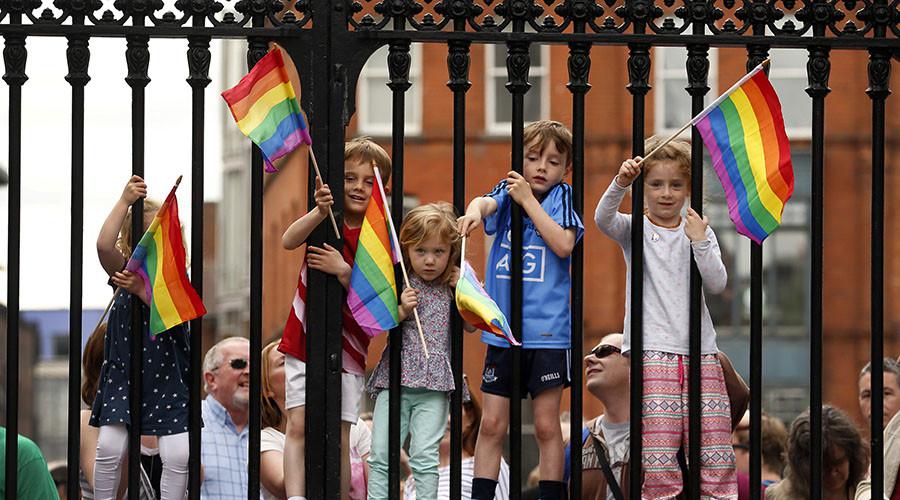
What defines a parent often depends on the family, but New York’s legal definition of a parent was previously less malleable. Now a ruling from the New York Court of Appeals is expanding the law’s interpretation to include non-biological or adoptive relationships.
While the idea of a family no longer requires two opposite-sex parents, two-and-a-half kids and a house with a white picket fence, the law often has to play catch up. On Tuesday, New York’s highest state court ruled that non-biological and non-adoptive parents are entitled to custody and visitation rights.
The ruling stated that a person can claim parenthood by presenting “clear and convincing evidence that the parties agreed to conceive a child and to raise the child together."
This ruling largely affects unmarried couples and same-sex couples who couldn’t get married in New York until 2011.
The ruling on Tuesday was the result of two lawsuits involving same-sex couples with two different outcomes, Reuters reported.
One involved a woman who became pregnant via artificial insemination. However, she cut off her partner’s contact with the child once their romantic relationship dissolved. The woman’s partner had attempted to file for joint custody along with visitation rights. However, because the partner was not biologically related to the child, their request was denied.
The other case also involved a woman and her partner who split up after having a child. When the mother attempted to receive child support from her partner, the courts granted it to her but also allowed her partner visitation rights. The court ruled that it would be inconsistent to consider the partner a parent for only paying support.
Attorney Eric Wrubel represented one of the children in the cases. Wrubel praised the ruling, telling Reuters that it makes sure “one parent doesn't disappear because one person doesn't like the other anymore."
The ruling was approved 5-1. Judge Sheila Abdus-Salaam wrote on behalf of the five judges that the previous definition of a parent was "unworkable" in today’s climate. Court of Appeals Judge Eugene Pigott issued an opinion in opposition of the ruling, explaining that while he agreed with the results, changing it should be left up to the state legislature.
Source: RT
 FR
FR EN
EN AR
AR








